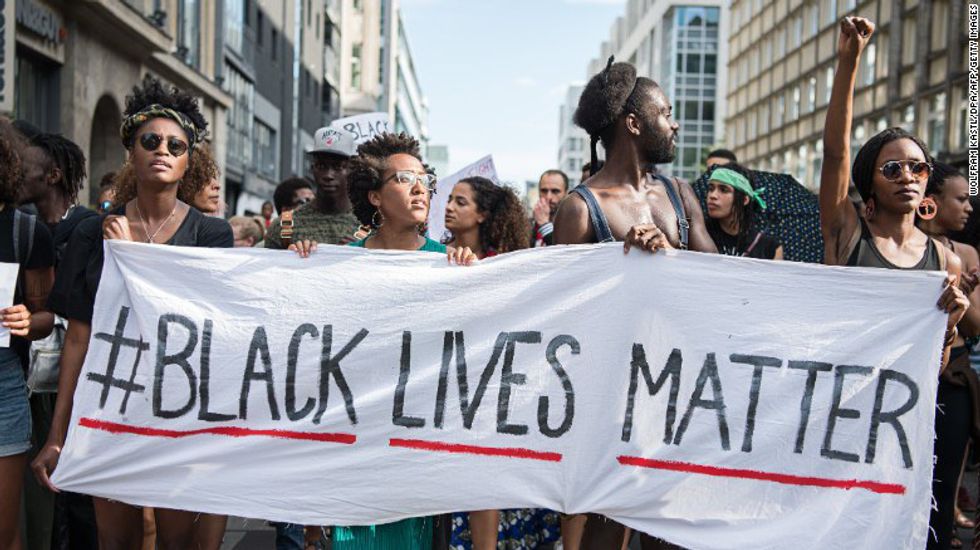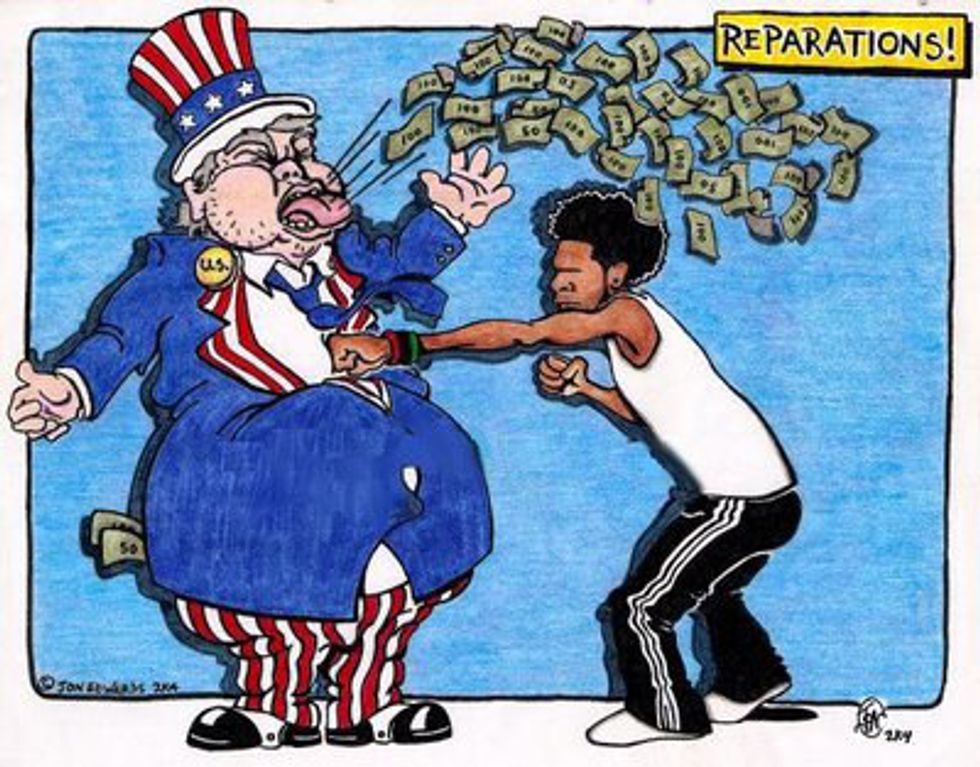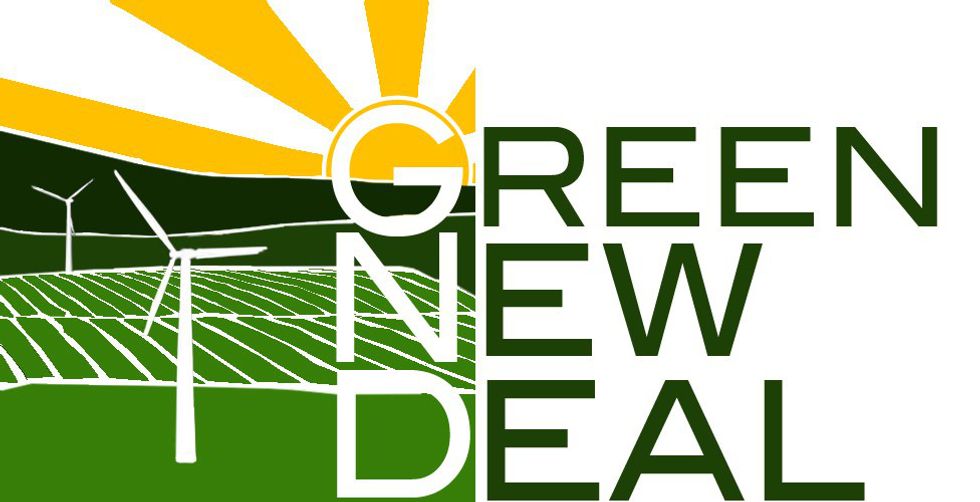As the rise of racial tensions build up in America, politicians and activists alike are scrambling to find a solution to our problems, to come together as a nation. Many are screaming past each other to find the key to all of our locked doors. Scholars around the United States are giving out ideas as to why we are at this point; they believe that actions like the war on drugs that targets African Americans disproportionately to whites, broken windows theory policing/profiling, the private prison industry, the way media portrays poor blacks, the decline of the black family, and segregated cities are contributing factors to the issue. But fixing these problems must be a part of a massive movement of people demanding change, not just socially. This is what we see with Black Lives Matter against police brutality, and now shifting towards a broader social movement with the the creation of Movement for Black Lives. Many of the presidential candidates this year have addressed these issues individually, but I think they miss the main point of all of thism which is regaining trust in the black community with the rest of America. That is something that I think President Obama has not even addressed well. But to be quite honest, he had a lot more to worry about throughout his presidency. Like the two wars in the Middle East and the recession. But the African American community needs to know that they will be secured economically and there is a way to do this.
In 2014, Ta-Nehisi Coates, a journalist for “The Atlantic,” wrote a piece called The Case for Reparations, it is a fantastic piece and really opened my eyes to how bad we have a disconnect of trust between races in the United States. Now people for years have talked about reparations for the African-American community from the horrors of slavery and Jim Crow, but people have called this idea impossible, saying if attempted it will cause a race war. I agree with this assessment if you want to make the reparations just the government handing out money to African Americans that had ancestors who were slaves, it would be extremely hard to track all of those people. But it doesn’t have to be like that, we can do it through a Green New Deal. Now, if you have been following this election you may have heard this term before from Green Party nominee Jill Stein. It takes the premise of Franklin D. Roosevelt’s New Deal program during the Great Depression which was government run job programs to get people to work in times of high unemployment (mostly white people). Many economists have said this was a big reason we got out of the Depression. The New Deal program ended in the late 1930s but FDR’s progressive economics ideology stopped around the end of the Lyndon B. Johnson administration.
The Green New Deal is that same ideology but it is a renewable energy revolution in the sense that could either be through the government or investors. This idea was created by Pulitzer Prize winning journalist Thomas Friedman, who in 2007 wrote in the New York Times, “If you have put a windmill in your yard or some solar panels on your roof, bless your heart. But we will only green the world when we change the very nature of the electricity grid -- moving it away from dirty coal or oil to clean coal and renewables. And that is a huge industrial project -- much bigger than anyone has told you. Finally, like the New Deal, if we undertake the green version, it has the potential to create a whole new clean power industry to spur our economy into the 21st century.” The idea been endorsed by people like CNN correspondent Van Jones who has created a non-government organization called Green for All trying to get renewable jobs in urban areas, he has also written "The Green Collar Economy: How One Solution Can Fix Our Two Biggest Problems," a book I’m very influenced by. Famous economist Mariana Mazzucato, and Greece’s Minster of Finance Yanis Varoufakis have also come out in support this policy. But it has not become popular in the western world because people think of New Deal politics, the Green Party and government job programs as scary socialism.
Here is my proposal to Secretary Clinton: take up the Green New Deal Reparations plan. Make this a government program or get renewable energy companies to work with mayors across the nation to start the Green New Deal in mainly poor African-American parts of the cities like sections of Northern Philadelphia which are some of the poorest in the nation. Or the Southside of Chicago that we hear the president talk about all of the time about the poverty and the crime in that area. Even though there are probably some in these mostly black urban areas that did not suffer from slavery or Jim Crow, it's about economically getting them on the same page as whites which has never been done before due to racism. I would also like you, Secretary Clinton, to start the initiative on Native American reservations which are extremely poor themselves and need just as much reparations as African Americans need. These areas suffer the most from climate change and the residents have lower life expectancies then most Americans which Van Jones calls environmental racism. Because these areas will have good paying jobs, the residents of these neighborhoods can start to rebuild areas that they are in and invest in their communities. Crime will hopefully go down and other people from all backgrounds will want to move in these neighborhoods. From this we can finally stop outsiders of from the cities saying “oh that’s a bad neighborhood”, to make it so that people are not fearful of certain parts of cities anymore. I am done with people talking about how bad these areas are but not acting to change anything to halt it.
So from these starting points, this Green New Deal will then expand into the suburbs until we are 100 percent clean energy across the country. But I think that this plan solves many problems, it gains trust from the historically oppressed African and Native American communities, it will reduce crime in the cities, create clean energy jobs that will save the planet for our children, it makes us energy independent for a lower price then trading fossil fuels, helps us bridge the gap of income inequality, it crushes the future fear of peak oil and it puts pressure on other countries to switch over to renewables themselves. I think this plan combines the ideas that Ta-Nehisi Coates statements in his reparations piece while at the same time it gives the the United States a leg up economically and environmentally as Van Jones points out in "The Green Collar Economy: How One Solution Can Fix Our Two Biggest Problems." Both of these men I really admire and are very influential to me, I thank them for that. We will be able to go beyond the expectations of the Paris climate agreement. Secretary Clinton I know this not in your platform for this election, but we need to do this for our future generations sake. The Democratic party's energy plan called "all of the above" is endangering the planet and needs to end.






















